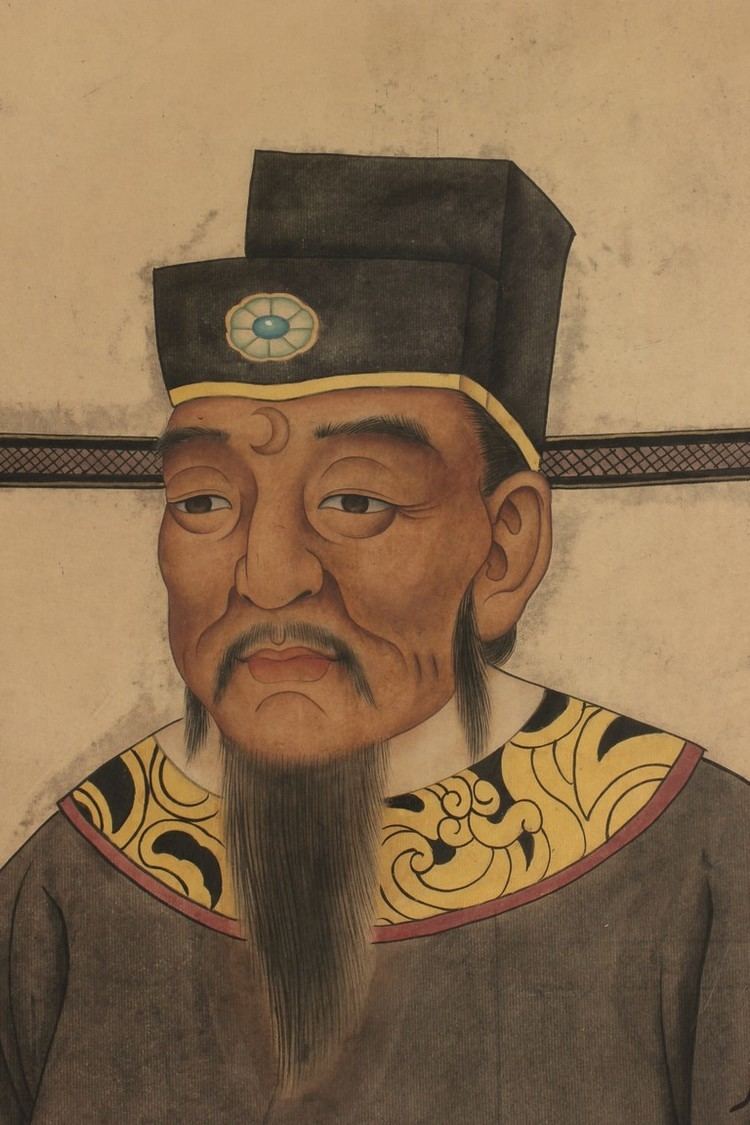In regards to the newly appointed justice of the Federal Court Gopal Sri Ram, was it the fear of being reborn into a lower caste that brought about in the good brahmin-iyer the following reversals:
In 1995 in the matter of Vincent Tan v MGG Pillai:
A second judge on the panel, Gopal Sri Ram, also rejected an appellant's argument that the 10 million ringgit judgment was excessive because Tan Sri Tan hadn't proven the extent of damages he suffered from four articles published in Malaysian Industry in late 1993 and early 1994. Judge Sri Ram said the articles suggested that Tan Sri Tan had manipulated the government to secure lucrative contracts, adding that "this must be a warning signal to irresponsible journalists that they cannot say anything they like and get away with it," according to Bernama.
(Malaysian Appeals Panel Upholds Stiff Awards Levied in Libel Case
By Stephen Duthie ;19 April 1995,The Asian Wall Street Journal)
Then, by 2001 , an otherwise inexplicable change of heart:
In (a) celebrated judgment of Court of Appeal judge Datuk Gopal Sri Ram in 2001, the RM1 million award was reduced to RM100,000, or just one-tenth of the original amount.
More importantly, he had boldly spoken out on the pressing need to put an end to the mega trend, which began in 1996.
Sri Ram referred, in particular, to the suit that started it all - the RM10 million suit brought by tycoon Tan Sri Vincent Tan against several persons, including freelance journalist M.G.G. Pillai.
In his judgment, Sri Ram said this decision had been "much misunderstood".
"The underlying philosophy of that decision is that injury to reputation is as, if not more, important to a member of our society than the loss of a limb. But we think the time has come when we should check the trend set by that case.
"This is to ensure that an action for defamation is not used as an engine of oppression. Otherwise, the constitutional guarantee of freedom of expression will be rendered illusory," he said.
(Reining back quantum of damages. By Carolyn Hong. 27 July 2003.New Sunday Times)
And let us not forget this little matter from the bad old days:
The most recent case is playing out in a small court room in the southwestern suburbs of Kuala Lumpur, where the mother of a 17-year-old high-school student is suing the International School of Kuala Lumpur, claiming he was unfairly dropped from the school's debate team. Damages sought: a record 6 million ringgit ($2.4 million).
The case has sparked intense interest among legal circles, educators and foreign investors in the Malaysian capital. For starters, the thin, bespectacled student, Govind Sri Ram, is the son of a prominent Court of Appeals judge, Gopal Sri Ram. And many are surprised at the speed with which the case raced through Malaysia's legal labyrinth. The trial began on January 6, less than seven months after a writ was filed with the High Court. "Normally, in a civil case, you're lucky to get a hearing within five years," a veteran lawyer notes.
The main point of interest for lawyers is that the case is breaking new legal ground. "It's the first time in Malaysian history that someone is suing on the basis of unfair discrimination," notes one. "Malaysia has no laws on discrimination."
Educators are also following the case closely. A hefty award for the plaintiff would be a major financial burden on the school -- and could hinder Malaysia's efforts to attract foreigners.
(Malaysia -- See You In Court: A series of civil suits suggests growing litigiousness ,By Murray Hiebert in Kuala Lumpur ,23 September 1999
Far Eastern Economic Review)
Next, in an decision clearly in favour of the establishment,The Bakun Dam matter-where Sri Ram held that "In particular he (James Foong) did not have sufficient regard for public interest. Additionally he did not consider the interests of justice from the point of view of both the appellants and respondents."
The appellants were Penan trying to defend their homes;the respondents the Governments of the Federation of Malaysia and the State of Sarawak.
( see http://malaysianjudges.blogspot.com/2007/08/when-fairuz-sri-ram-mokthar-sidin.html )
Then, in a reversal against the establishment , this unseemly commentary on matters that were not put before the Court which resulted in a successful appeal against his decision:
The court held that the main and supplementary Appellate Court's decisions, written by Justices Datuk Gopal Sri Ram and Datuk Zulkefli Ahmad Makinudin, contained elements of real danger of bias.
The court, led by Chief Justice Tun Ahmad Fairuz Sheikh Abdul Halim, also held that the appellant, Metramac, and its case, have been unfairly regarded with disfavour.
The quorum made the findings after considering the question of biasness in the Court of Appeal's judgment, in particular, the adverse remarks and findings against third parties made in the written grounds of judgment by Justice Sri Ram.
To the remarks and findings, the Federal Court expressed its regret that they were not only unnecessary, irrelevant and not supported by evidence, but the language used was unwarranted to say the least.
On Jan 12 last year, the Court of Appeal ordered Metramac, owner and operator of East West Link Expressway and Sungei Besi Expressway, to pay RM65 million to Fawziah Holdings as compensation for loss of advertising rights, including all proceeds to be received under future contracts.
In Sri Ram's written grounds of judgment, he, among others, commented that Tan Sri Halim Saad and his business partner, Anuar Othman, siphoned off RM32.5 million from Metramac and enjoyed the patronage of former Finance Minister Tun Daim Zainuddin.
(JUDGMENTS BIAS, FEDERAL COURT SETS ASIDE APPEAL COURT'S DECISION
19 July 2007,Bernama Daily Malaysian News)
I suppose one should also ask: Can a man found to be biased in his judgement be ever suitable for promotion based on "merit" to the highest court in the land?
Subscribe to:
Post Comments (Atom)

No comments:
Post a Comment